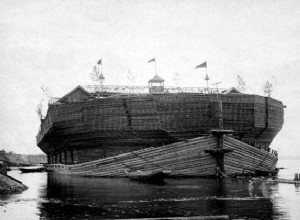An American soldier sent to battle in World War II knew at least that his family would not be left without a penny. The government provided ample compensation. And he made money on it. And how much could the soldiers themselves and their loved ones get? The American army tried to comprehensively




